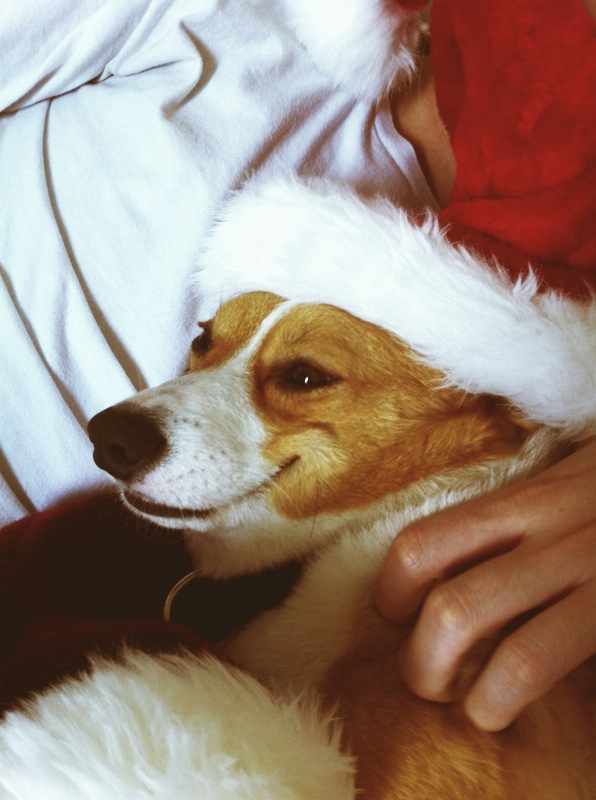Holidays wouldn’t be the same without the furry portion of our family and friends. But this time of year can expose your pet to a lot of risks. You have a lot of food, drinks, and other objects around the house that can be dangerous for your curious dog or cat. You may also be traveling with or without your fur balls. Here’s our pet safety tips for the holidays.
Food items
Chocolate: causes faster heart rate, tremor, vomiting and diarrhea, seizures and even death
Macademia nuts and walnuts: joint paint, fever, tremor, and vomiting
Grapes, raisins, avocado, garlic, and onion: vomiting, lethargy, lack of appetite
Artificial sweeteners: Vomiting, seizures, liver failure
Alcohol: vomiting, disorientation, diarrhea, tremor, seizures, and even coma
Holiday plants (holly, mistletoe, poinsettias): vomiting, irritation, diarrhea
Around the House
Holiday trimmings like tinsels, ribbons, ornaments can damage the digestive tract. Make sure you hang these and other ornaments slightly higher so that your dog or cat can’t eat or destroy them or both.
Make sure you place Christmas lights where your dog can’t reach them.
Place candles on tables and mantlepieces where your dog (or a very uncoordinated cat) can’t knock them down.
Traveling
If you’re going to be traveling with your pet, make sure you take him/her to the vet for a checkup. Get your pet up to date on all the shots. If you’re traveling across border (such as Canada), you will need to bring a proof of rabies vaccination for your dog. Make sure you do the research for interstate and international travel to meet the different requirements.
Have a plan for restraining your dog or cat in the car since they can distract the driver, even causing car accidents. For long distance travel, pet barriers and seat belts are worthy investments.
Make sure your dog or even indoor cat gets a name tag before you leave home. You never know!
If you’re traveling and your pet is not coming with you, talk to your pet sitter beforehand to cover all the bases. Buy more than enough pet food for the time you’ll be away, and make sure all their needs (toys, grooming kits, meds, litter, etc) are in one place for the sitter. Ask the sitter to send pictures of your pet everyday, so you can check on them. And make sure the sitter has the contact info of your vet, and a waiver that gives permission to the sitter to get help in medical emergencies.
Related: Wednesday Cafe: Crumbly Autumn Stew Pup Treats
Can Animals Really Feel Emotion?
Wednesday Cafe: Maple Brown Sugar Cookie Pup Treats
__
Photo: Nate Howe via Flickr

